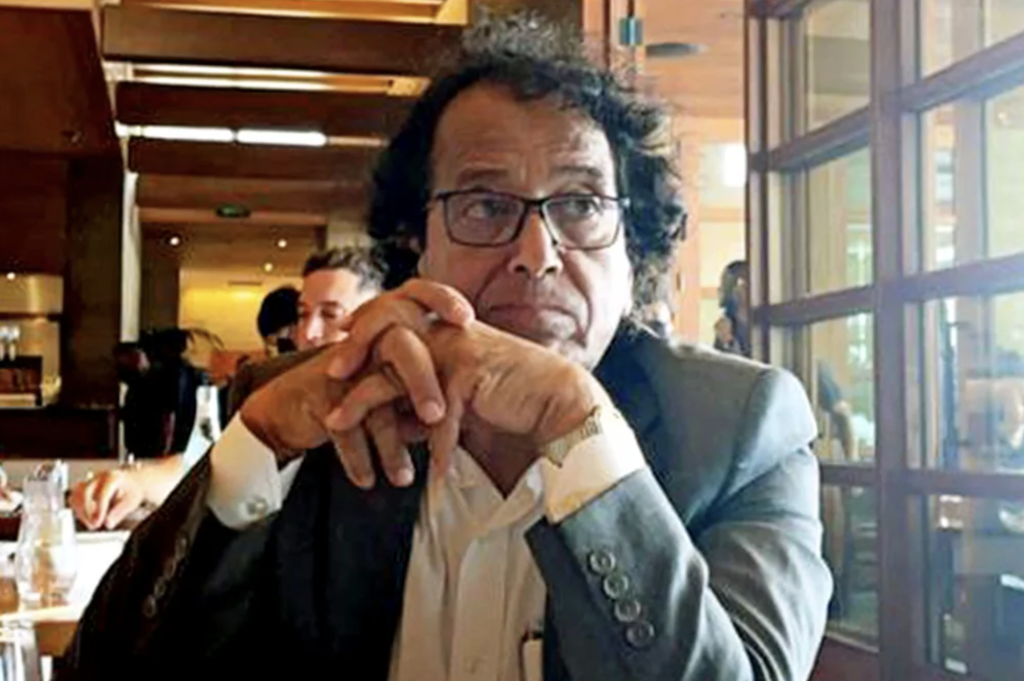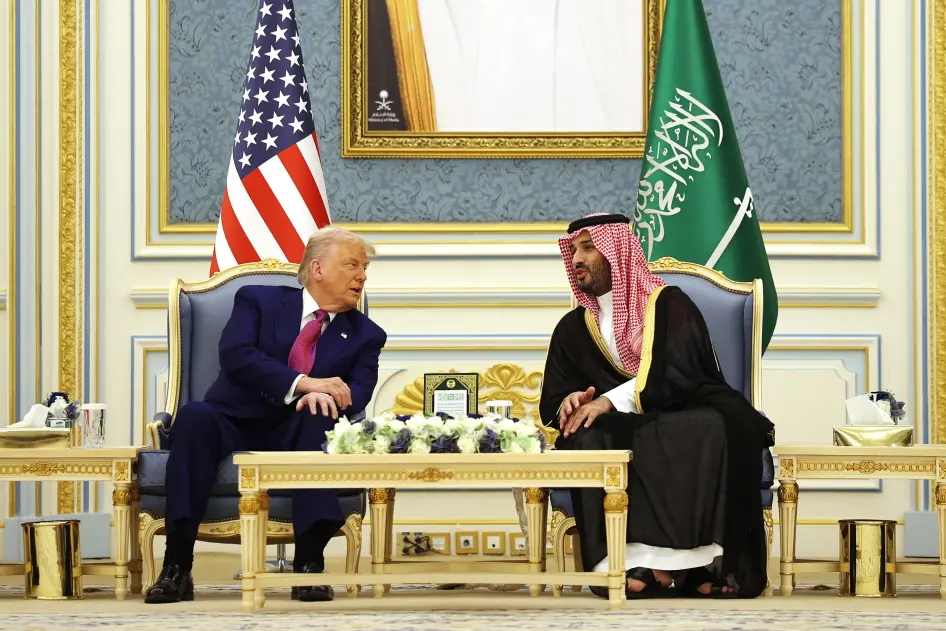For a full text copy of the brief, click here.
As part of its efforts to embrace multilateralism and promote human rights, the Obama administration joined the United Nations Human Rights Council in 2009. Much to the chagrin of conservative critics, the administration saw the value of engaging this admittedly imperfect body as a means to promote human rights and to strengthen the Council from within. Particularly in the Middle East and North Africa (MENA), where unilateral and inconsistent U.S. efforts at democracy promotion have been so controversial, this approach has allowed the United States to call attention to human rights abuses in partnership with other governments, complementing unilateral and bilateral efforts.  By building cross-regional coalitions, the United States has shown some modest success in leveraging the Council to champion human rights in the Middle East and elsewhere. Moving forward, the United States should continue to cooperate with other governments to promote human rights through the Council while also working to address the Council’s flaws and strengthen its ability to protect victims of human rights violations and respond to crises.
By building cross-regional coalitions, the United States has shown some modest success in leveraging the Council to champion human rights in the Middle East and elsewhere. Moving forward, the United States should continue to cooperate with other governments to promote human rights through the Council while also working to address the Council’s flaws and strengthen its ability to protect victims of human rights violations and respond to crises.
POLICY RECOMMENDATIONS
To strengthen the work of the Council and enhance the body’s ability to promote and protect human rights in the MENA region, the United States should:
- Remain actively engaged at the Council and continue to build cross regional alliances.
- Lead through example by cooperating fully with SPs and other HRC mechanisms.
- Encourage countries with good human rights records to run for seats in their respective regions. The elections process has succeeded in defeating or forcing withdrawal of human rights abusers like Belarus, Azerbaijan, Iran, and Sri Lanka in their pursuit to join the Council. This process can only work if regions engage in competitive elections and avoid clean slates.
- Encourage governments in the Middle East to cooperate fully with SPs by issuing standing invitations for country visits, responding promptly (within three months) to requests for such visits, agreeing to the dates of a visit within one year of a request, and cooperating fully during the visits.
- Challenge the candidacy of any country that has a poor record of cooperation with the Council’s mechanisms, including its responsiveness to requests for country visits and to SP communications, for membership on the Human Rights Council. For example, Saudi Arabia, a current member of the Council, has one of the highest no response rates. This record should be publicized to challenge its candidacy if it chooses to run in a future election.
- Encourage the HRC Secretariat to regularly publish data on each state’s record of responding to SP communications and reports, the quality of the state’s response, and more details on the status of requests to visit.
- Support efforts by MENA NGOs to effectively use the UN human rights mechanisms, particularly by helping them engage SPs. NGOs should collaborate with and appeal to SPs to inform the UN and the broader international community about their countries’ human rights records.



